On a sunny morning, young school children joyfully washed their hands and drank from new water facilities installed at the Hizbawi Serawit Primary School on the outskirts of Ethiopia's capital, Addis Ababa.
"Those painted in red color are for hand-washing purposes, while the blue ones are for clean drinking water. We have six such facilities in our compound," said Tigist Mekonnen, a 13-years-old seventh-grader at the school.
Lately, Mekonnen and her fellow schoolmates have been joyful as they bid farewell to the old water facility, which was barely functional due to heavy use by the growing number of students at the school.
"The water facility we had here was only operational for a day or two in a week due to the limited ration of water made accessible from the source. This was eventually exacerbated by the lack of a dedicated water tanker to store the limited water available," Mekonnen told Xinhua.
Mekonnen is one of the more than 23,000 school children who have benefited from a school Water, Sanitation and Hygiene (WaSH) initiative jointly implemented by the China Foundation for Poverty Alleviation (CFPA) and its partners across 20 schools in the Ethiopian capital.
According to Abrham Atnafu, Hizbawi Serawit Primary School Director, the newly functional facilities, which were put to use earlier this month, have offered relief to students in particular and the school community in general, who have been suffering from a lack of sustainable water supply.
"Thanks to this initiative, now we have a water reservoir enough to store adequate water resources, modern hand-washing and drinking facilities, as well as an electric power-operated ultrafiltration system," the school director said.
"At times students had no choice but to eat their lunch without washing their hands properly. This has caused a significant number of students to suffer from recurrent diseases and contamination," Atnafu added.
Between 2019 to 2021, the CFPA had partnered with Splash International, which enabled the installation of 23 ultrafiltration systems, 157 drinking water facilities, and 152 hand-washing facilities at 20 schools in Addis Ababa.
Speaking to Xinhua, Abiy Tefera, Addis Ababa City Education Bureau Schools Improvement Program Director, emphasized the crucial importance of the new clean water facilities toward improving the health and academic performance of about 23,425 school children across the target schools.
"Clean water, hygiene and sanitation are very important for these young school children to attentively and happily attend to their education," Tefera said.
"These facilities have enabled students to enjoy a better education experience while safeguarding their health and safety," he added.








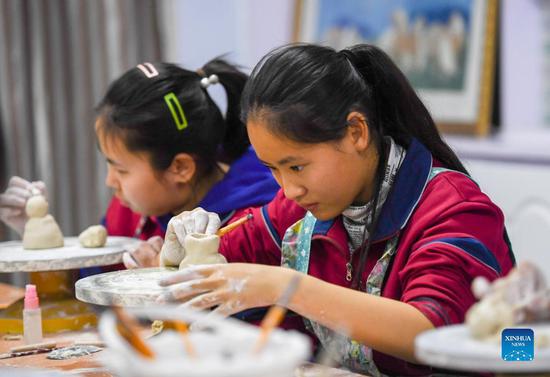






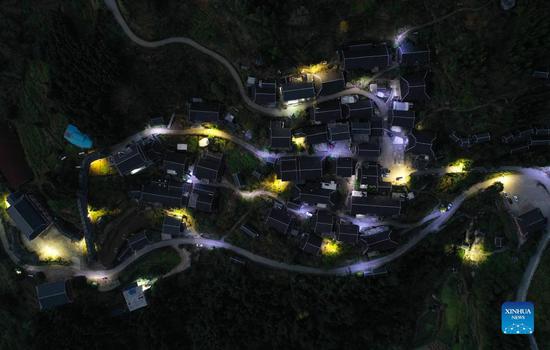
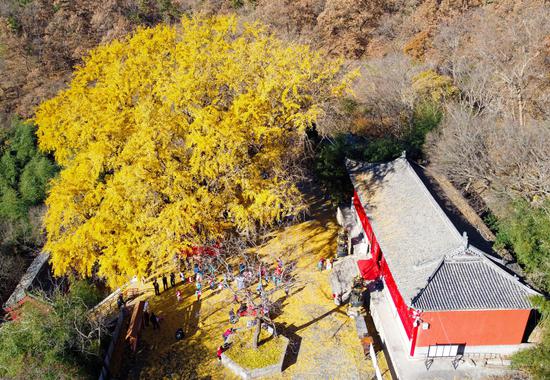

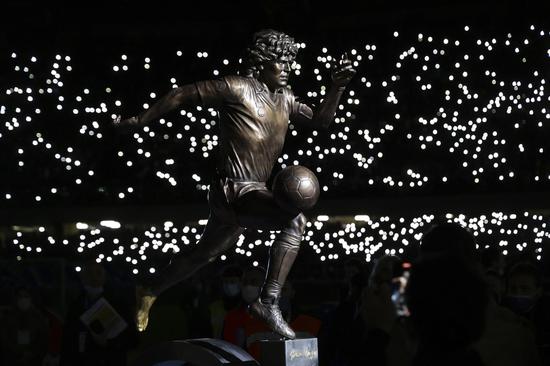


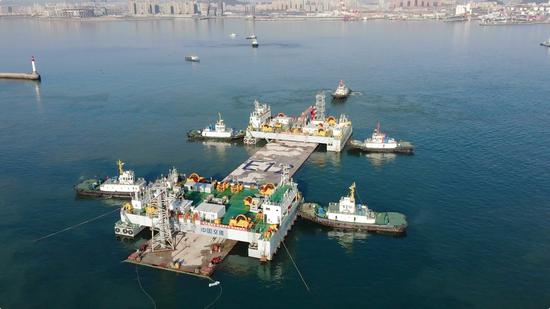
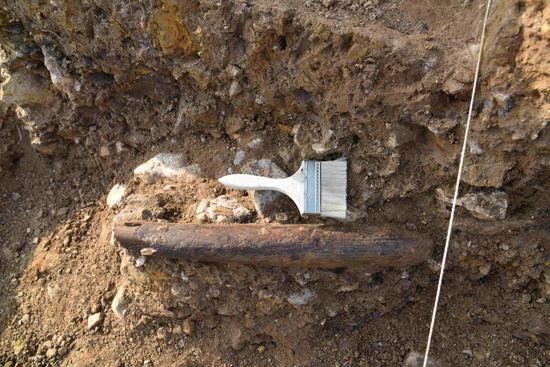





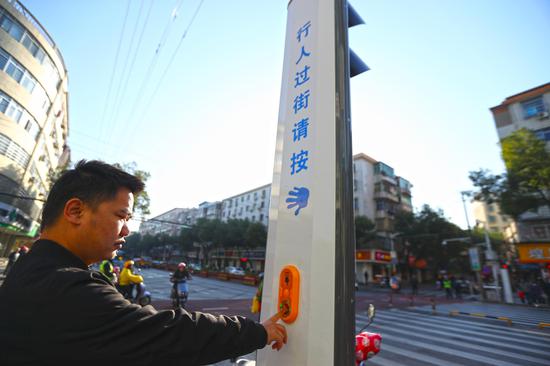
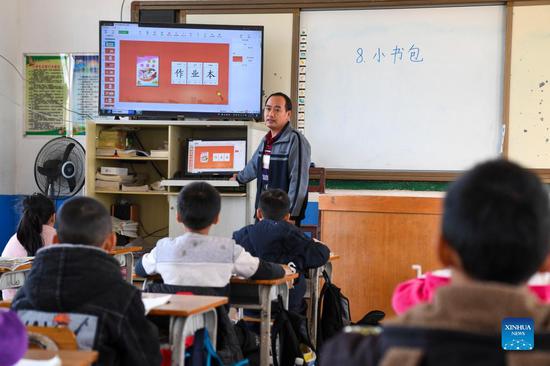
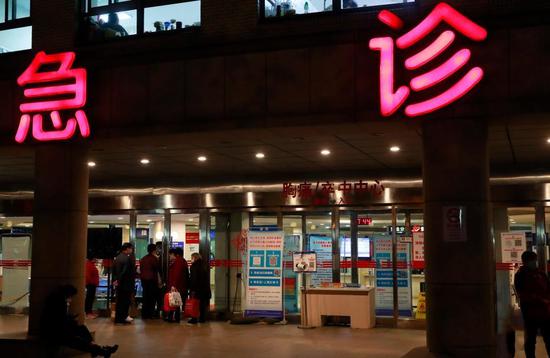
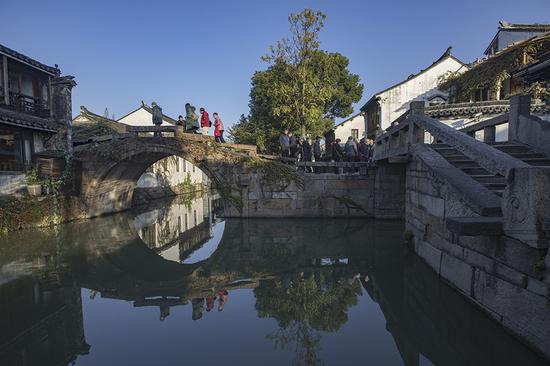
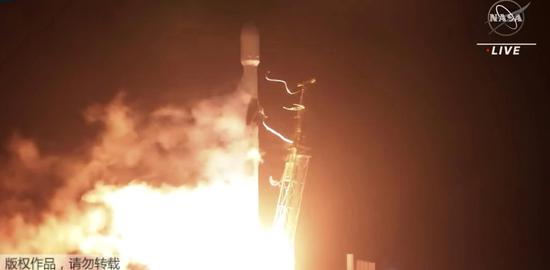
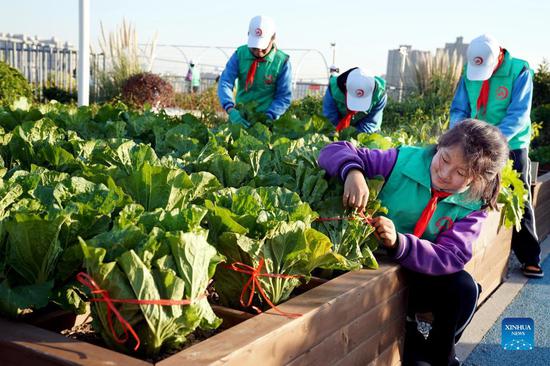

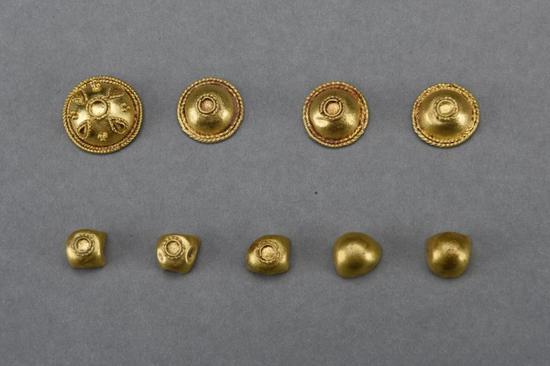
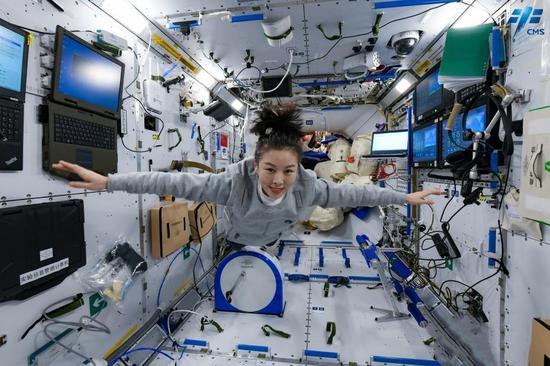

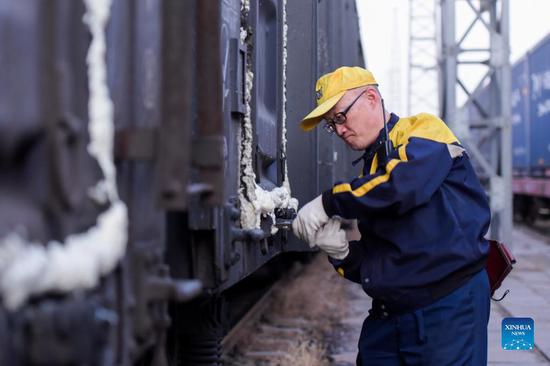
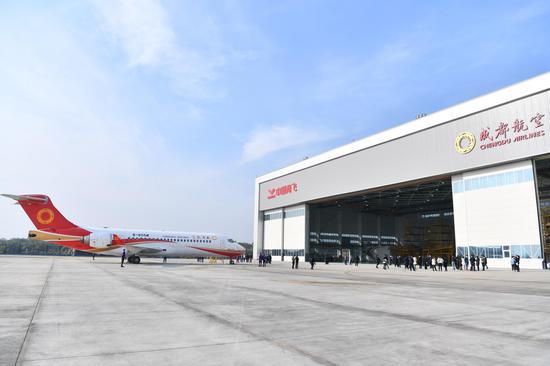

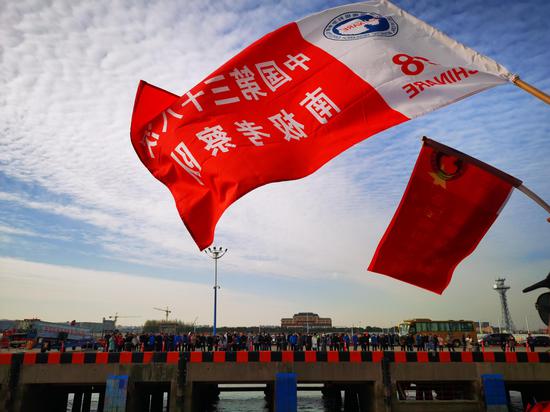








 京公网安备 11010202009201号
京公网安备 11010202009201号